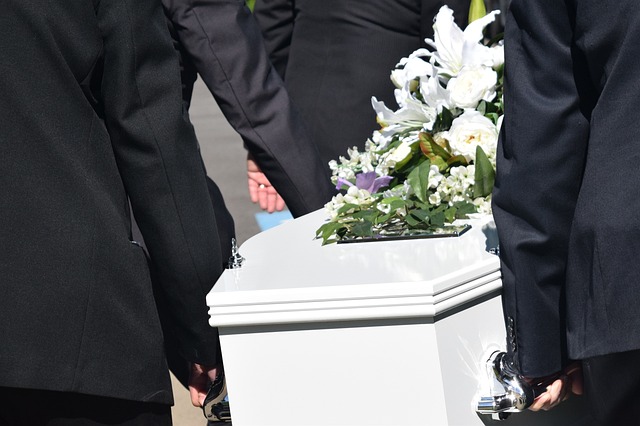Understanding Cremation Services and Processes in the UK
Cremation has become the preferred choice for many families across the United Kingdom, accounting for over 75% of all funeral arrangements. This comprehensive guide explores every aspect of the cremation process, from initial arrangements through to the final handling of ashes, helping families make informed decisions during difficult times.

How the Cremation Process Works in the United Kingdom
The cremation process in the UK follows strict regulations overseen by the Institute of Cemetery and Crematorium Management. The procedure begins when the deceased arrives at the crematorium, where they are placed in a coffin or casket made from approved materials. The cremation chamber, called a cremator, operates at temperatures between 800-1000°C. The entire process typically takes 1-3 hours depending on various factors including the size of the deceased and the type of coffin used.
Before cremation can proceed, several legal requirements must be met. A cremation certificate must be obtained from a medical referee, and the cremation authority must receive proper documentation including the death certificate and cremation application forms. The coffin nameplate is removed and kept as a record, while any metal items such as pacemakers must be removed beforehand for safety reasons.
What Really Happens to Ashes After Cremation
Following the cremation process, the remains are carefully collected and processed. What many people refer to as “ashes” are actually bone fragments that have been reduced to a fine powder through a process called cremulation. These cremated remains typically weigh between 2-4 kilograms for an adult, depending on their bone density and size.
The ashes are collected in a temporary container and can be transferred to an urn chosen by the family. UK crematoria are required to hold uncollected ashes for a minimum period, usually one month, though many will store them for much longer. Families have various options for what to do with the ashes, including scattering in designated areas, burial in a cemetery plot, or keeping them in a memorial urn.
Understanding Your Options for Cremation
Families have several cremation options available in the UK. Direct cremation, also known as unattended cremation, involves the cremation taking place without a funeral service, offering a more affordable option. Traditional cremation services include a funeral service at the crematorium chapel, allowing family and friends to gather and pay their respects.
Environmental cremation options are becoming increasingly popular, with some crematoria offering eco-friendly alternatives such as bio-cremation or alkaline hydrolysis, though these are still limited in availability across the UK. Families can also choose different types of coffins, from traditional wooden caskets to environmentally friendly options made from cardboard or wicker.
A Complete Guide to Modern Cremation and Ashes Handling
Modern cremation facilities in the UK utilize advanced technology to ensure dignity and environmental responsibility. Many crematoria now use filtration systems to reduce emissions and have implemented digital systems for tracking and record-keeping. Some facilities offer webcasting services, allowing distant relatives to participate in funeral services remotely.
Ashes handling has evolved significantly, with families now having numerous memorial options. These include memorial gardens within crematorium grounds, columbarium walls for urn placement, and memorial benches or trees. Some families choose to divide the ashes among family members, while others opt for unique memorial jewelry or artwork incorporating small amounts of cremated remains.
What Families Should Know Before Arranging a Cremation
When arranging a cremation, families should be aware of several important considerations. Timing can vary depending on the crematorium’s schedule and the completion of necessary paperwork, typically taking 5-10 working days from the time of death. It’s important to understand that some items cannot be cremated with the deceased, including certain medical implants, jewelry with precious stones, and non-combustible materials.
| Service Type | Provider Example | Cost Estimation |
|---|---|---|
| Direct Cremation | Pure Cremation | £1,200 - £1,500 |
| Traditional Cremation Service | Co-op Funeralcare | £3,000 - £4,500 |
| Premium Cremation Package | Dignity Funerals | £4,500 - £6,000 |
| Eco-Friendly Cremation | Green Endings | £2,500 - £3,500 |
Prices, rates, or cost estimates mentioned in this article are based on the latest available information but may change over time. Independent research is advised before making financial decisions.
Families should also consider pre-planning cremation arrangements, which can help reduce stress during difficult times and ensure personal wishes are respected. Many cremation providers offer pre-paid funeral plans that lock in current prices and allow individuals to specify their preferences in advance.
The cremation process in the UK is designed to provide dignity, respect, and peace of mind for families during their time of loss. Understanding the various options and requirements can help families make informed decisions that honor their loved ones while meeting their practical and emotional needs. Whether choosing a simple direct cremation or a more elaborate service, the focus remains on celebrating life and providing closure for those left behind.



